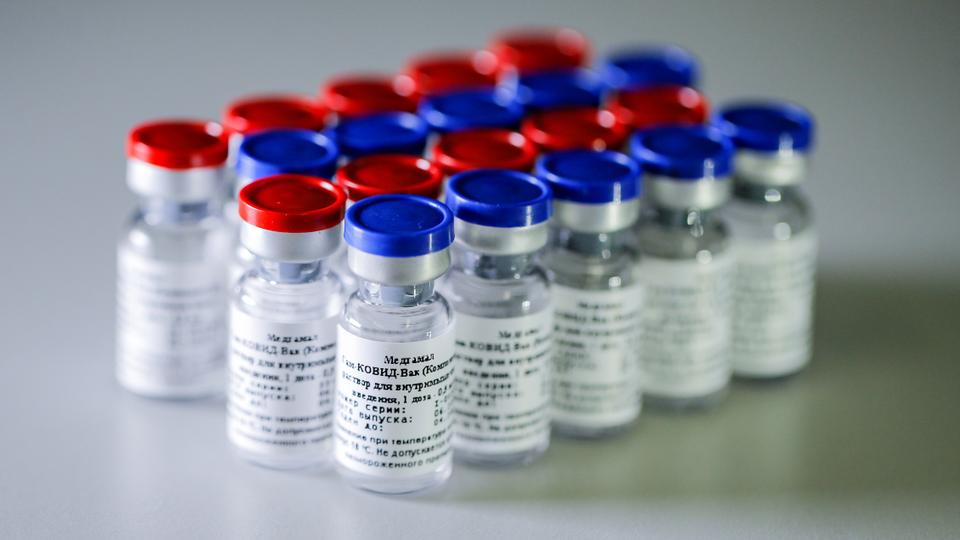The first batch of the Sputnik V vaccine against the novel coronavirus has been released into civil circulation, regional deliveries are planned in the nearest future, the Russian Health Ministry informed. “The first batch of the ‘Gam-COVID-Vac’ [Sputnik V] vaccine for the prevention of the new coronavirus
has been released into civil circulation, regional deliveries are planned in the nearest future, the Russian Health Ministry informed.
“The first batch of the ‘Gam-COVID-Vac’ [Sputnik V] vaccine for the prevention of the new coronavirus infection, developed by the Gamaleya National Research Center of Epidemiology and Microbiology of the Ministry of Health of Russia, has passed the necessary quality tests in the laboratories of Roszdravnadzor [medical device regulator] and has been released into civil circulation,” the ministry said in a statement.
The Russian health ministry registered the first vaccine against COVID-19, named Sputnik V, on August 11. The vaccine, created by the Moscow-based Gamaleya Research Institute of Epidemiology and Microbiology, was fast-tracked for approval after proving capable of building up immunity against the virus in limited human testing.
Moscow Mayor Sergey Sobyanin expressed hope on Sunday that the majority of the Russian capital’s residents would be vaccinated against the coronavirus within several months.
According to the health ministry, the delivery of the first batches of the Russian vaccine to the country’s regions is planned in the nearest future.
Meanwhile, according to preliminary results published in The Lancet journal, Russia’s covid-19 vaccine, Sputnik V, appears to be safe without any serious adverse effects, and has developed long-term antibody response in humans during clinical trials.
Results from the two early-phase Russian non-randomised vaccine trials showed that the formulations of the two-part vaccine, Sputnik V, have a good safety profile with no serious adverse events detected over 42 days among the 76 subjects, and induces antibody responses in all participants within 21 days.
Secondary outcomes from the trial also suggest that the vaccines also produced a T cell response within 28 days that provides long-term immunity in the body.
Source: Mint
Statements, comments or opinions published in Warsan magazine are of those of the author(s) and do not necessarily reflect the editorial policy of Warsan magazine. Warsan reserves the right to moderate, publish or delete a post without prior consultation with the author(s). To publish your article or your advertisement contact our editorial team at: warsan54@gmail.com or tips@thewarsan.com

